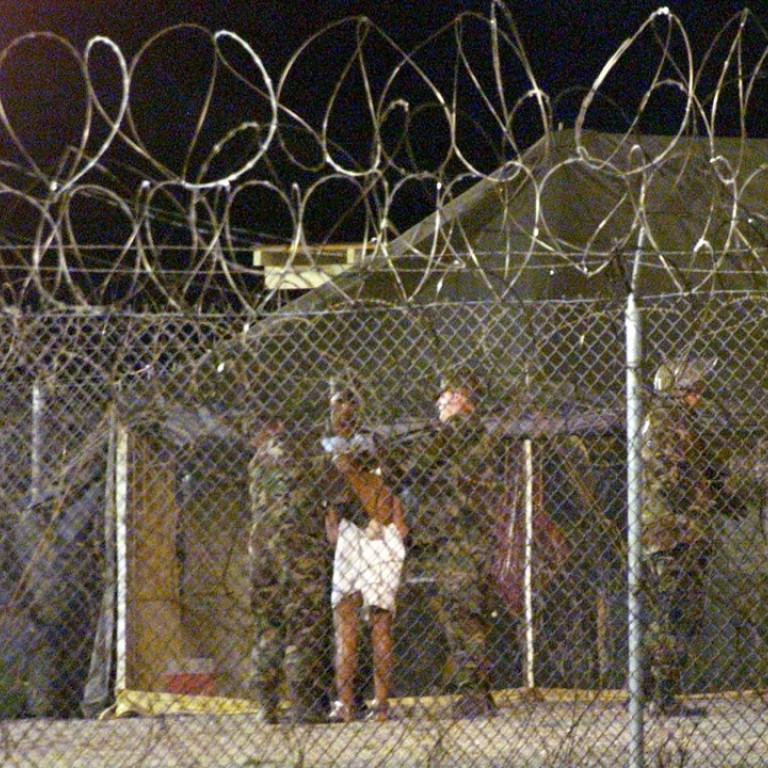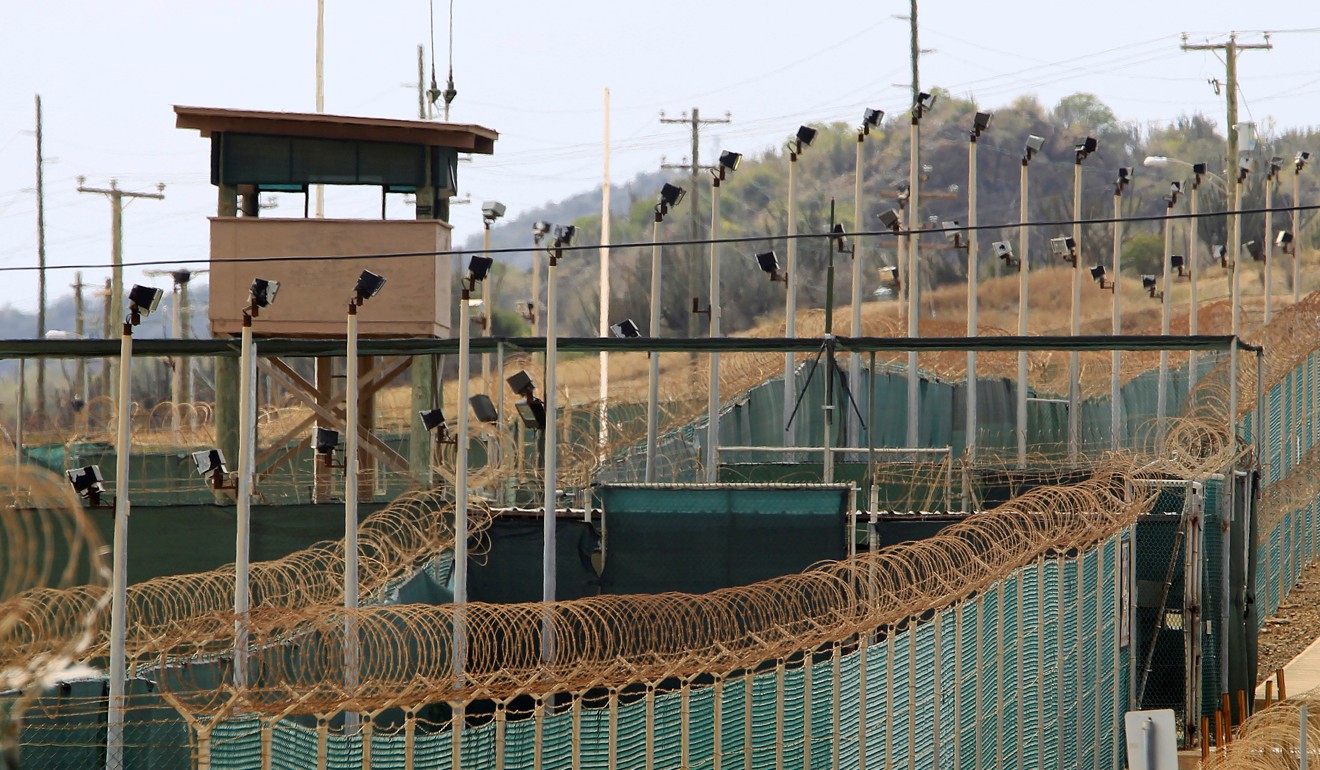
Guantanamo Bay court debates how long statements extracted through torture are valid
When does torture taint testimony, and for how long? And what does the law covering the war court allow?
In legal arguments this week, the USS Cole case judge and prosecutor sparred over the fundamental issue yet to come at the national security trials of how to handle evidence taken after torture or other cruel treatment. And they reached no agreement.
Judge Vance Spath, an Air Force colonel, read aloud from a section of the Military Commissions Act of 2009 that legislated, “no statement obtained by the use of torture, cruel, inhumane, or degrading treatment, whether or not under the colour of law, shall be admissible in a trial by military commission”.
To which case prosecutor Mark Miller replied that the rule is “temporal”, basically time-limited, particularly involving statements from people other than the accused.
“In a sense what they are talking about there is, ‘Torture. Statement. Torture. Statement.’ All right?” the New Orleans assistant US attorney now working as a war court prosecutor advised the judge. “He was tortured today, he made the statement today; he was tortured today, he made the statement today. That’s what that particular statement is dealing with.”
At the war court, statements often are confessions, and the judge has to rule whether a coerced statement is reliable enough to be used at a trial. Part of that means deciding, if a captive’s been tortured, how much time is enough time for a captive’s subsequent confessions to be allowed at trial. But the rules are even more liberal at the war court on the use of statements taken from people who aren’t on trial.
Saudi Abd al Rahim al Nashiri, awaiting a death penalty trial as the alleged architect of the 2000 Cole bombing, was waterboarded, rectally force fed, threatened with a drill, deprived of sleep and kept in a coffin-sized box between rounds of CIA interrogations after his 2002 capture in the United Arab Emirates.
President George W. Bush had him moved to Guantanamo in 2006, for trial. Within months, federal interrogators assigned to a “clean team” questioned him, with no abuse. The prosecution argues, given the time that elapsed and the changed location, the statements are admissible.
Defense attorneys argue that all his confessions are contaminated by the original CIA abuse because interrogators, through torture, programmed him to provide the answers the clean teams wanted to hear. Moreover, the Senate Torture Report notes, Nashiri was held for about six months at a CIA “black site” at Guantanamo, from 2003 to 2004, making it far from a safe place.

The issue in court on Monday was how much evidence defence lawyers would get in their bid to quash any statements at Nashiri’s eventual trial from a man now imprisoned in Yemen. The witness is Jamal Badawi, a conspirator in the USS Cole bombing. In 2007, defence lawyers say, US interrogators interviewed him in Yemen after seven years in prison, “except for the time he escaped.”
Nashiri’s lawyers want to argue that US agents got Badawi’s testimony in a coercive environment, inside a Yemeni prison three years after he was sentenced to death, and based on information extracted from Nashiri through torture. They have asked the judge to throw the hearsay evidence out.
Prosecutors argue Badawi’s statements were voluntary and not based on information from Nashiri. Since the US can’t bring him from his cell in Yemen to Guantanamo to testify, federal agents will testify about what he said.
Nashiri’s death penalty defender, Rick Kammen, argued that when the Obama administration got reforms of the Military Commissions Act in 2009, it was “very clear that Congress, in resurrecting the military commissions, wanted a torture-free zone”.
“Now, if I am hearing the prosecution right, correctly, they say, ‘OK, we tortured Mr al Nashiri, so we are somewhat limited in the use of his statements.’ ” He cast Miller’s definition as the top of a slippery slope toward: “If we tortured him on a Tuesday and then we questioned him on Thursday, the Thursday statement is still good because we weren’t beating him up Thursday.”
Spath didn’t rule, and at one point remarked, “I have the feeling we are going to have some more litigation on this”.

